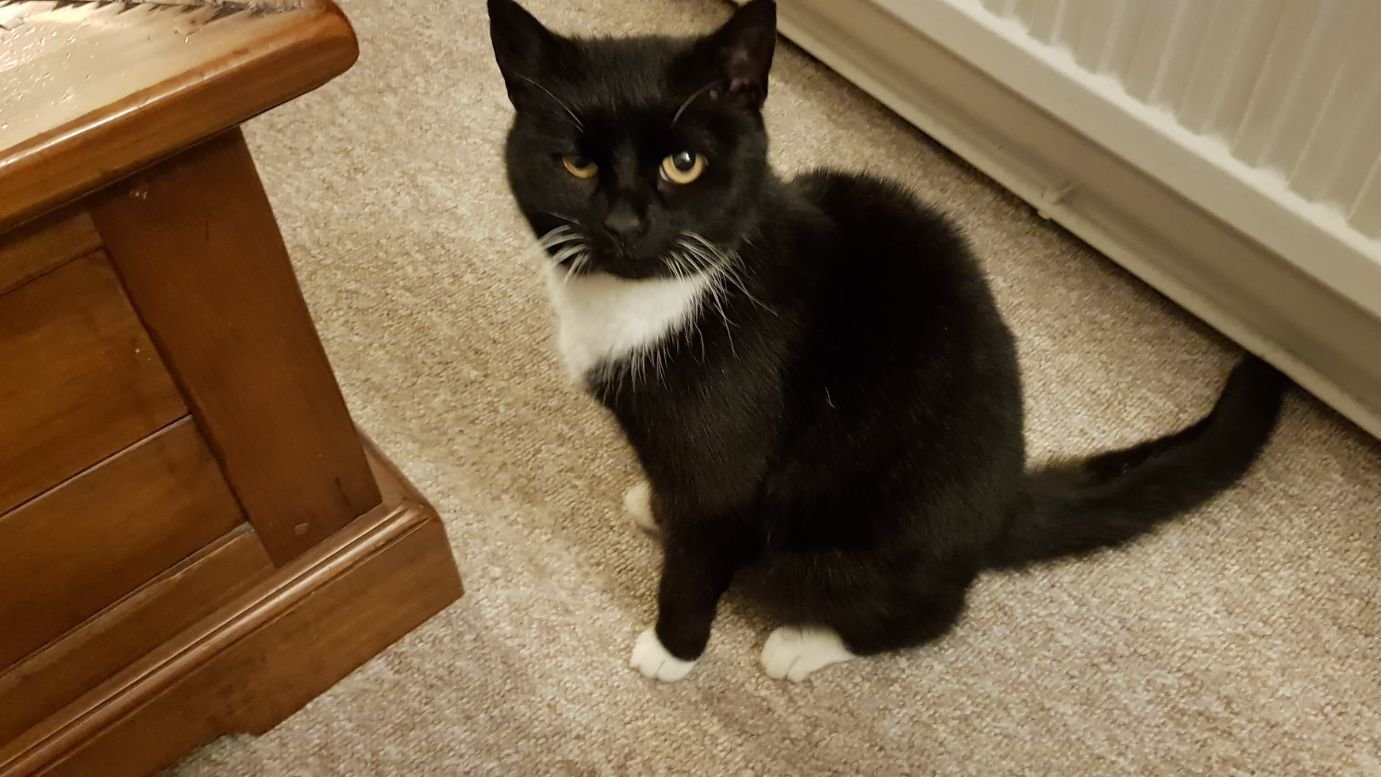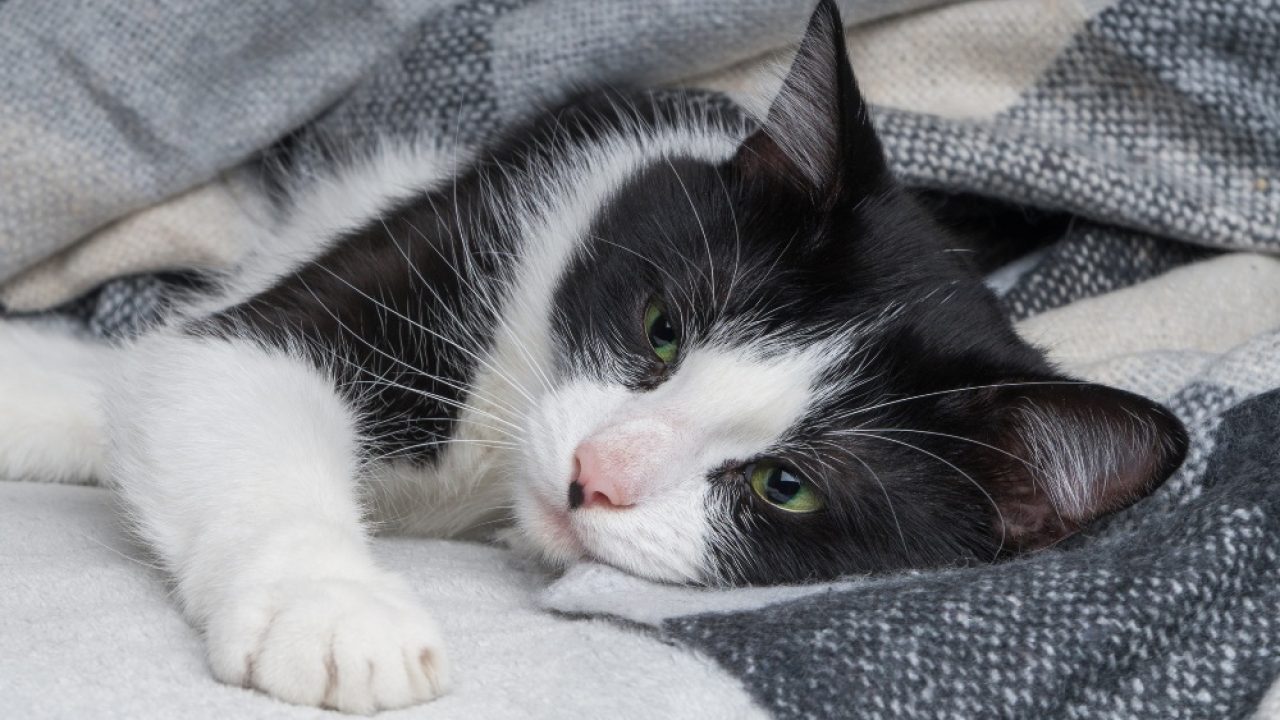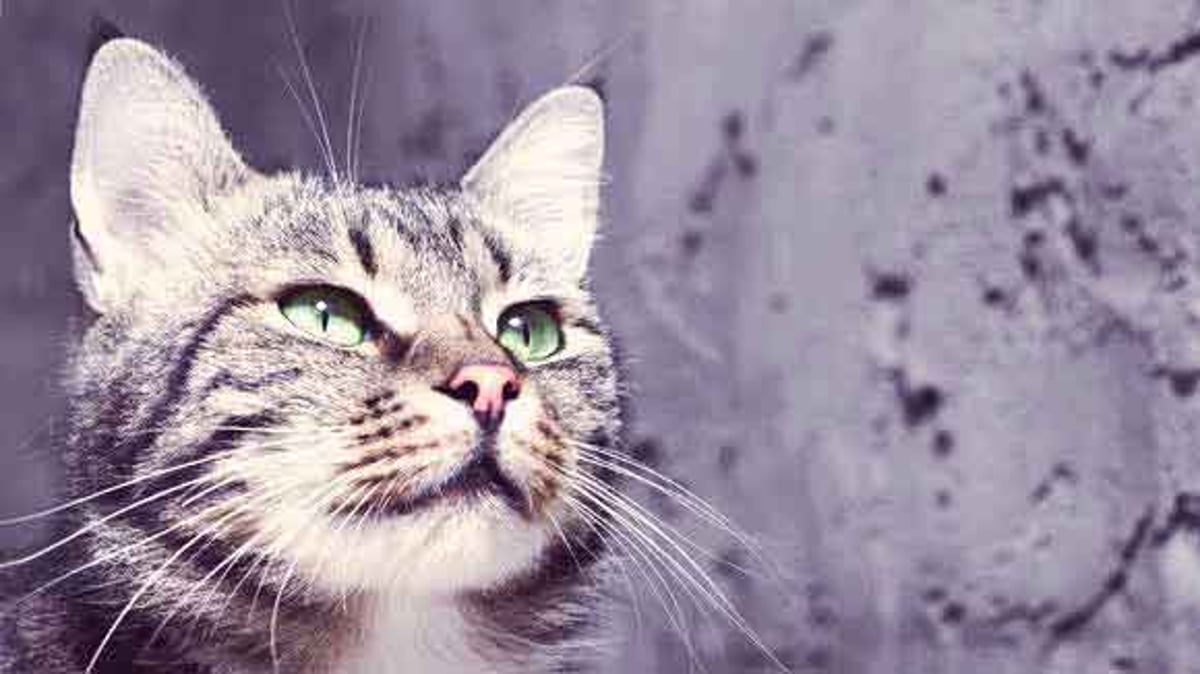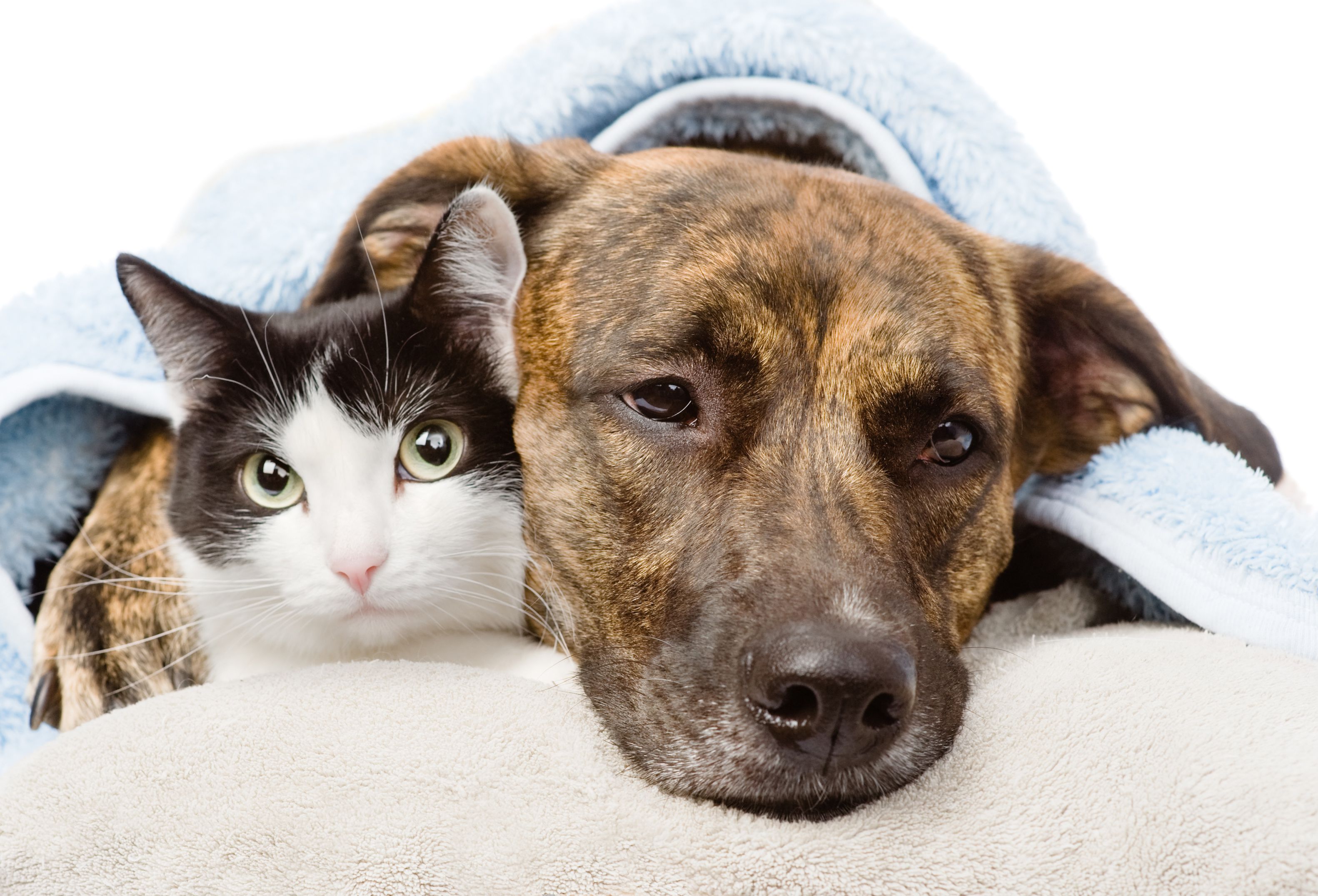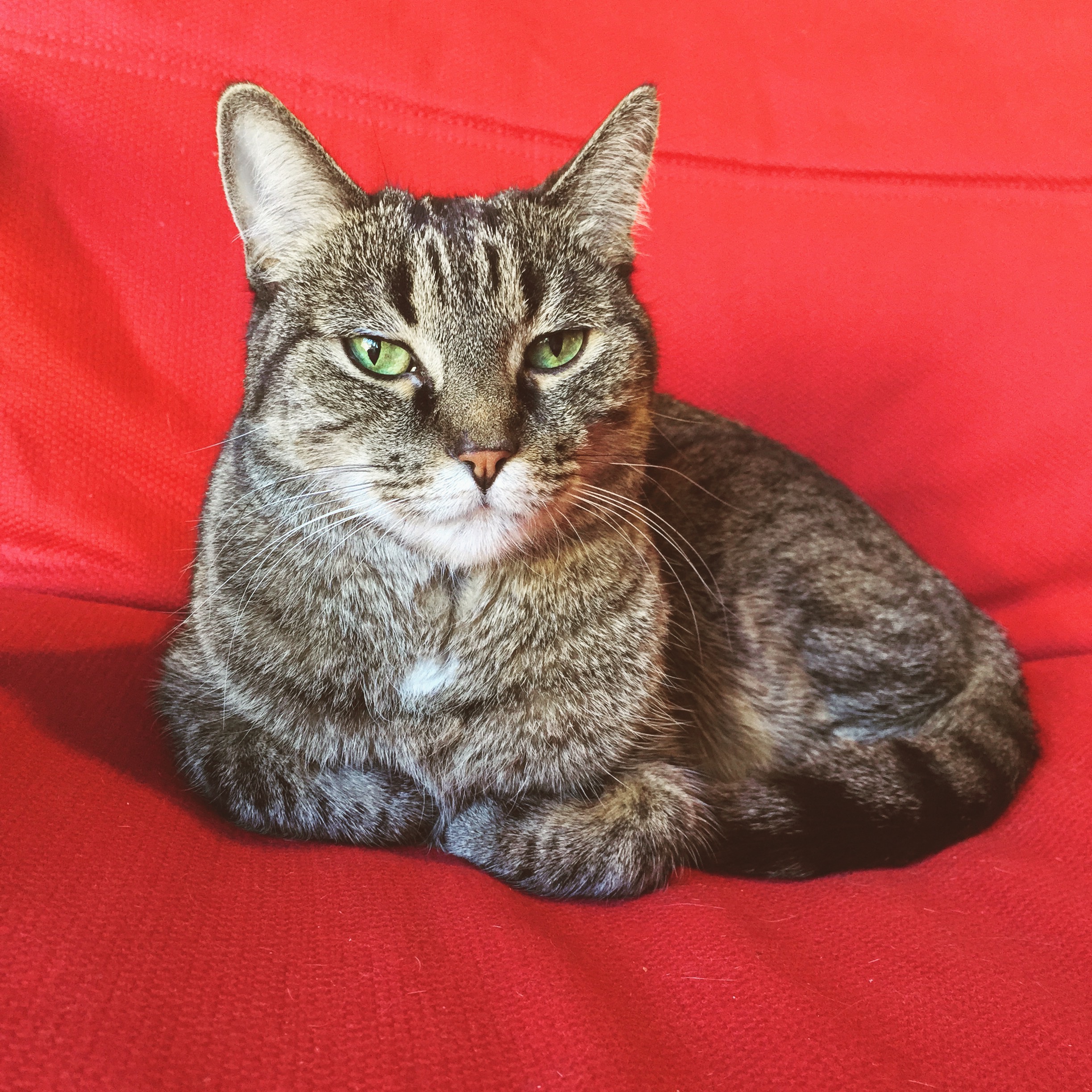Convenia For Cats With Upper Respiratory Infection

Based on the severity of the infection your veterinarian is best able to predict.
Convenia for cats with upper respiratory infection. Most cats with an uncomplicated upper respiratory infection can be treated symptomatically at home How does Convenia work in cats. As a rule of thumb a sniffly kitty that is still eating active and feeling fine can be watched for a few days. Pradofloxacin is a veterinary fluoroquinolone that is approved in some countries for the treatment of acute infections of the upper respiratory tract caused by susceptible strains of P.
Clear to colored nasal and eye discharge. Enter Convenia cefovecin sodium the long-acting antibiotic from Pfizer Animal Health that lasts 10 to 14 days with a single injection. Reaches peak antibiotic blood levels within 62 hours and works around the clock for up to 14 days to eliminate common bacterial skin.
Convenia is given typically as a single injection which can last up to 2-3 weeks in pets. Common anti-bacterial medications for cats include. It exerts its antibacterial effects for approximately 1-2 weeks but stays in the body for over 2 months.
She has had a nasty upper respiratory infection sneezing snot everywhere congested heavy breathing since even before adopting her. Most upper respiratory infections in cats will resolve themselves with a little extra TLC and time. Its a broad-spectrum antibiotic in the simplest terms that means it kills a lot of different kinds of bacteria so it can be used in a wide variety of infected organ systems and clinical and hospital.
Convenia is a widely used third generation cephalosporin antibiotic marketed by the largest multinational animal health company in the world Zoetis formerly Pfizer. Doing this several times a day as you can will loosen some of the mucus in her head so she can sneeze it out. Convenia manufactured by Zoetis is an injectable long-acting antibiotic that is labeled for the treatment of skin infections in cats and dogs.
The breed of cat thats most prone to URI is the Persian cat although all breeds are at risk of suffering from this. Symptoms differ depending on the cause and location of the infection but some common clinical signs of upper respiratory problems in cats include. I adopted my now 9 year old cat from a shelter almost a year ago.




